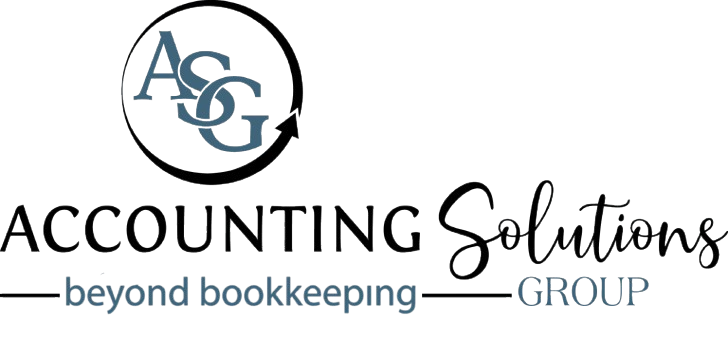Ready to simplify your bookkeeping? Our South Florida experts can handle everything from setup to year-end reconciliation. [Contact Us Today]
Service areas: Efficient Bookkeeping Practices for Small Business Owners
Broward County: Coral Springs, Coconut Creek, Cooper City, Davie, Fort Lauderdale, Hallandale Beach, Hillsboro Beach, Hollywood, Lauderdale Lakes, Lauderdale-by-the-sea, Lauderhill, Lighthouse Point, Margate, North Lauderdale, Oakland Park, Parkland, Pembroke Pines, Plantation, Pompano, Southwest Ranches, Sunrise, Tamarac, Weston & Wilton Manors.
Palm Beach County: Boca Raton, Boynton Beach, Deerfield Beach, Delray Beach, Lake Worth, Wellington & West Palm Beach.
Miami-Dade County: Aventura, Bal Harbour, Bay Harbor Islands, Biscayne Park, Coral Gables, Cutler Bay, Doral, El Portal, Florida City, Golden Beach, Hialeah, Hialeah Gardens, Homestead, Indian Creek, Key Biscayne, Medley, Miami, Miami Beach, Miami Gardens, Miami Lakes, Miami Shores, Miami Springs, North Bay Village, North Miami, North Miami Beach, Opa-locka, Palmetto Bay, Pinecrest, South Miami, Sunny Isles Beach, Surfside, Sweetwater, Virginia Gardens & West Miami.
Read more about our services:
Bookkeeping for Local Startups in Fort Lauderdale
FAQ’s: Efficient Bookkeeping Practices for Small Business Owners
1. What services does Accounting Solutions Group provide?
We offer comprehensive accounting services, including bookkeeping, tax preparation, financial planning, payroll processing, and business consulting tailored to your needs.
2. Do you work with small businesses or larger corporations?
We specialize in providing customized accounting solutions for small to medium-sized businesses, but we also serve larger corporations and individual clients.
3. What industries do you serve?
We cater to a wide range of industries, including retail, healthcare, construction, technology, real estate, and more.
4. Can you help with IRS audits or tax issues?
Yes, our experienced team can assist with IRS audits, tax resolutions, and ensuring compliance to help you navigate any tax challenges effectively.
5. Do you offer virtual or remote accounting services?
Absolutely! We provide secure virtual and remote accounting services to make it convenient for you to manage your finances wherever you are.
6. What makes Accounting Solutions Group different from other firms?
Our personalized approach, focus on accuracy, and commitment to understanding each client’s unique financial goals set us apart. We aim to build long-term partnerships for your success.
7. How do you ensure the confidentiality of my financial data?
We use state-of-the-art security measures, including encrypted systems and secure file-sharing platforms, to protect your sensitive financial information.
8. Do you offer a free consultation for new clients?
Yes, we offer a free initial consultation to discuss your accounting needs and determine how we can best support your goals.
9. Can you help me set up accounting software for my business?
Yes, we can recommend, set up, and provide training for leading accounting software, including QuickBooks, Xero, and others, to streamline your financial operations.
10. How often will I receive updates on my financial status?
We provide regular updates based on your preferences—whether weekly, monthly, or quarterly—so you’re always informed about your financial position.



